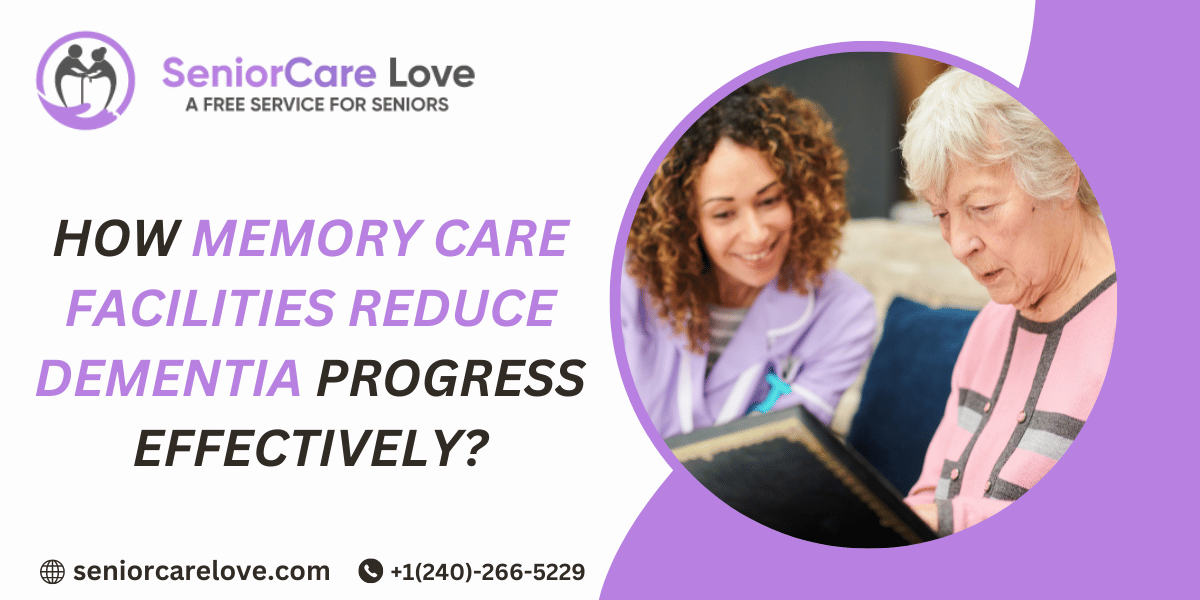Dementia is a progressive brain disorder that affects a significant part of your life. To help your loved ones overcome memory issues, several dementia care services offer opportunities to help them out.
As a trusted care provider or family member, you provide emotional support and opportunities to engage in social interaction. This reduces the risk of developing dementia and helps them retain their social life for as long as they can.
If your loved one is diagnosed with memory issues or dementia
Here are some tips to help them out and give them the life they deserve:
Helping your loved ones out with daily activities
People with dementia have difficulty remembering everyday activities, like maintaining personal hygiene or doing dishes. This affects their health and well-being. As a trusted family member or caregiver, you can help them carry out their tasks and focus on their routine activities.
Engage them in memory-stimulating activities
Studies have shown that engaging in memory-stimulating activities slows down the progress of dementia or Alzheimer’s disease. Playing board games, solving puzzles, or engaging in art activities will improve the cognitive functions of people with dementia.
Engage them in physical activities
Engaging in physical activities helps reduce the progress of dementia. Physical exercises help maintain blood flow and stimulate brain cells. As a result, physical activities lower the risk of developing dementia and also help people with dementia.
Provide nutritious meals
People with dementia get overwhelmed when given several nutrition options. Poor nutrition increases behavioral symptoms and often causes weight loss. Therefore, it is important to provide them with sufficient meals, which include low-cholesterol vegetables or fruits like berries and many more.
Initiate respectful communication skills
It is important to keep up their communication skills, as they have difficulty engaging in conversation and forget how to describe things. The best thing you can do is bring communication to the easiest level and simplify things as much as you can. It is better to speak slowly, and distinctly and avoid raising your voice. As a caregiver, you need to maintain patience and a calm posture while communicating with someone with dementia.
Constant companionship
An individual with dementia has difficulty communicating effectively. However, introducing yourself as a constant companion will help them engage in productive conversation and achieve effective communication. Companionship helps to keep up social contact and lowers the effects of dementia in the long run.
Caring for your loved ones with dementia or memory issues can be quite challenging for family caregivers and healthcare professionals. If you are having a hard time finding dementia care services for your loved ones, get in touch with Senior Care Love.
Our trained experts will help you get in touch with the right memory care facilities in Washington, DC as per your budget and preferences.
For more information about our dementia memory care, get in touch with us right away.








